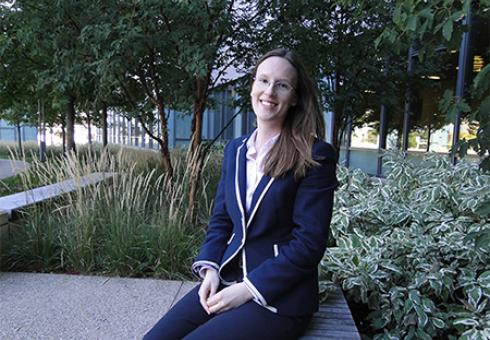News and Outreach: Rebecca Saari
New toolset evaluates economic impacts of ozone reduction policies for nine income groups
The Atlantic reports on an MIT study that concludes that cost of limiting carbon emissions would pay for itself in human health benefits.
"
James Hamblin
The Atlantic
The polar ice caps feel remote. The threat of orioles permanently leaving Baltimore for cooler climates might be a little more compelling. But researchers are learning that the most effective way around climate-policy ambivalence is to invoke imminent dangers to human health. "What's killing me today?" with emphasis on killing and me and today.
For one, when there is more carbon dioxide in the environment, plants produce more pollen, which is no good for allergies and asthma. Rutgers allergist Leonard Bielory recently warned that pollen counts are projected to double by 2040. Likewise, U.S. foresters recently calculated that trees seem to be averting around $6.8 billion in human health costs annually, largely due to mitigating effects of air pollution (even if they do produce pollen). And already the World Health Organization is warning that air pollution is responsible for one out of every eight human deaths, largely because combustion of fossil fuels results in invisible airborne particles that get lodged in our lungs and suspended in our blood.
But is that worth the cost of implementing policies that limit carbon emissions? Some say yes.
Yesterday researchers released findings that say an economy-wide cap on carbon emissions stands to pay for itself about 10 times over in near-term human medical benefits, specifically reductions in costs associated with respiratory diseases, like asthma, and premature death. A standard, economy-wide cap and trade program, the MIT-based research team found, would result in a net benefit of $125 billion in human health costs. The work is published in the journal Nature Climate Change.
“We were looking at ozone and particulate matter, the two biggest air quality issues in the United States,” Tammy Thompson, a research scientist at Colorado State University with the Cooperative Institute for Research in the Environment, told me.


